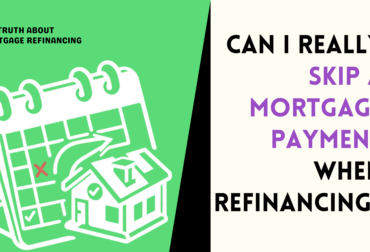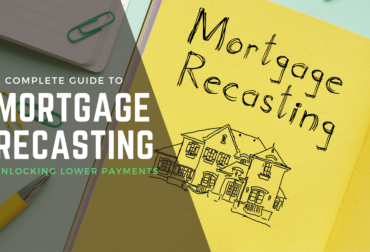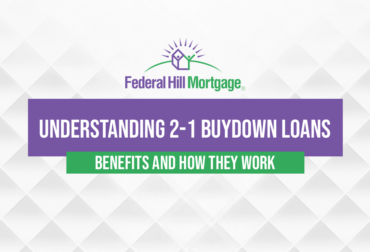Has the dream of homeownership seemed out of reach because of steep down payments? What if we told you that you could purchase your dream home with just $1,000 down? This game-changing opportunity is now available through the 2024 AHP Homeownership Set-Aside Program.
Uncover the truth behind the ‘skip a payment’ claim in mortgage refinancing. Our latest article debunks common misconceptions, guiding you with the honest, expert insights of Federal Hill Mortgage.
Explore our in-depth guide on using gift funds for home buying. Learn about FHA down payment gifts, gift letter requirements, and rules for family gifting. Essential reading for first-time homebuyers and investors.
Explore the benefits of our Texas HELOC and HELOAN programs for investment properties. Discover how to maximize equity and financial growth in the Texas real estate market.
Discover how mortgage recasting can lower your monthly payments without refinancing. Learn the benefits, process, and how to start in our comprehensive guide. Perfect for homeowners looking to save.
Explore Federal Hill Mortgage’s ITIN Loan Program – a tailored solution for Spanish-speaking communities seeking homeownership without a Social Security Number. Learn about ITIN eligibility, application process, and benefits in our comprehensive guide.
Unveil the 2024 FHA Loan Limits in Maryland and their impact on your home purchase. Dive into our latest article for key insights and expert guidance to navigate these changes with ease.
Gain a clear understanding of 2-1 Buydown Loans with our in-depth exploration. Learn about the unique benefits they offer and how they work to make homeownership more affordable. Start your journey toward informed financial decisions today.
Buying a home is a substantial undertaking that requires careful planning to ensure that you get the best mortgage possible for your situation. […]









